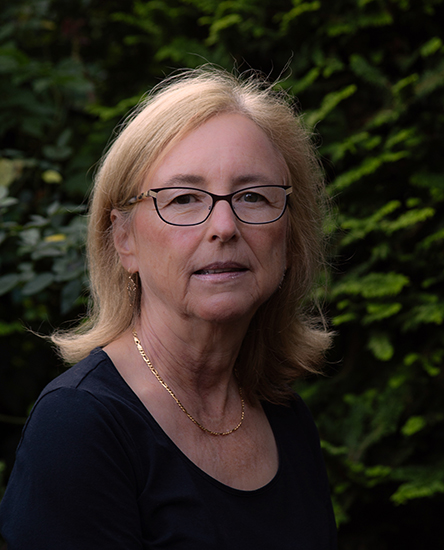About Deborah
Deborah Clearman’s most recent novel is The Angels of Sinkhole County. She is the author of two other novels, Remedios and Todos Santos, and a collection of short fiction, Concepción and the Baby Brokers, all set in the mountains of rural Guatemala. She wrote and illustrated a children’s book, The Goose’s Tale, which takes place in a marshy tributary of the Chesapeake Bay. Her short stories have appeared in numerous literary journals.
Deborah was born in North Carolina and grew up on a tobacco farm in Southern Maryland, at a time when children were free to roam the woods, fields, streams, and wild beaches, hunting for arrowheads and making up stories. She studied art history and fine arts at Bryn Mawr College and Cooper Union, receiving an MFA in painting from Indiana University. A visual artist for much of her career, she was represented by First Street Gallery in New York City, and her paintings and prints have been widely exhibited in galleries and museums.
Since her first visit to Guatemala in 1978, Deborah has been back many times, living for a year in the village of Todos Santos in 2001-2002. She maintains a close connection to the country and her Guatemalan friends to this day. Life there is reminiscent of her girlhood in the hills of Maryland and West Virginia, where her family has lived for more than fifty years.
Deborah is the former Program Director for NY Writers Coalition, a nonprofit organization that gives voice to unheard members of society through the art of writing. She has led creative writing workshops for people in public housing, homeless shelters, senior centers, and for ten years women and men in jail on Rikers Island. She serves on PEN America’s Prison Writing Committee. The mother of two grown children, she lives in New York City.


